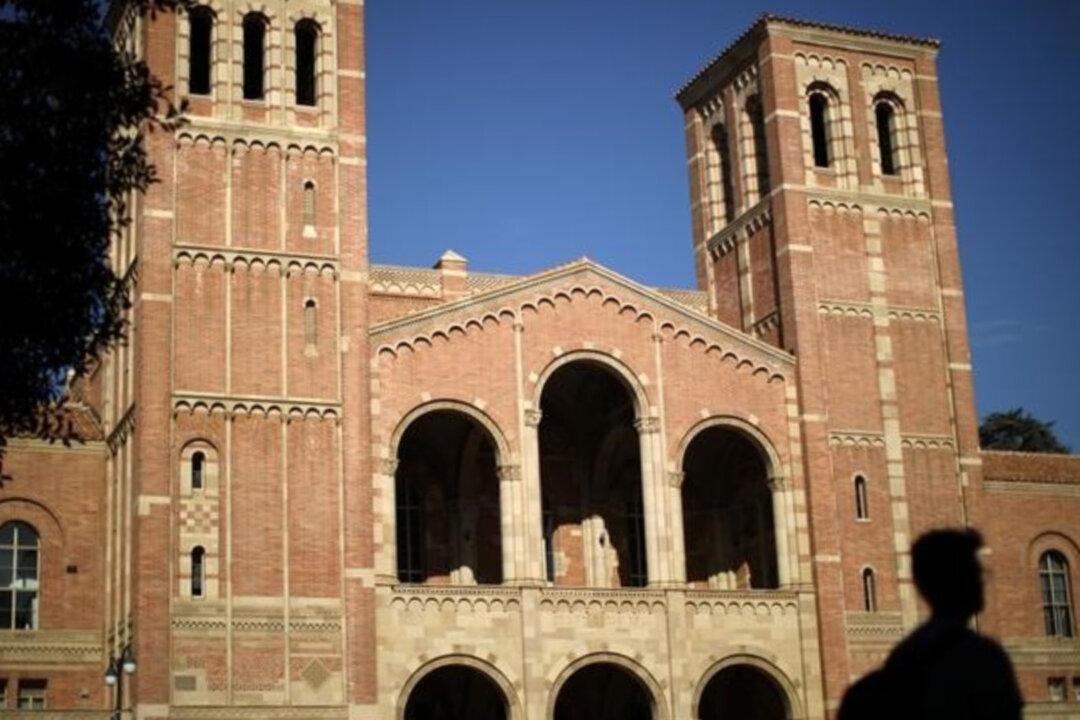California’s economy continues to grow but might begin to weaken along with slower national growth, according to a new forecast by the University of California–Los Angeles’s (UCLA) Anderson School of Management.
While uncertainty remains about the next 12 months, UCLA’s forecasters don’t predict a recession in the next year. However, the U.S. economy is likely to see slower growth and continued high inflation, according to the Sept. 21 report.





